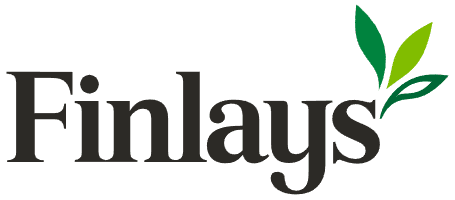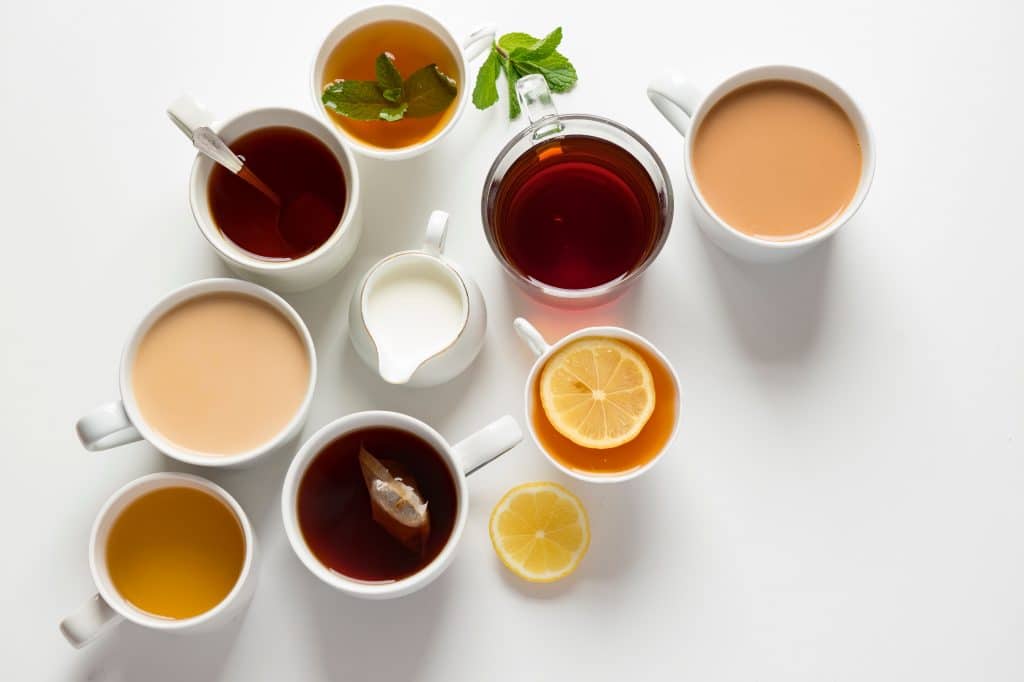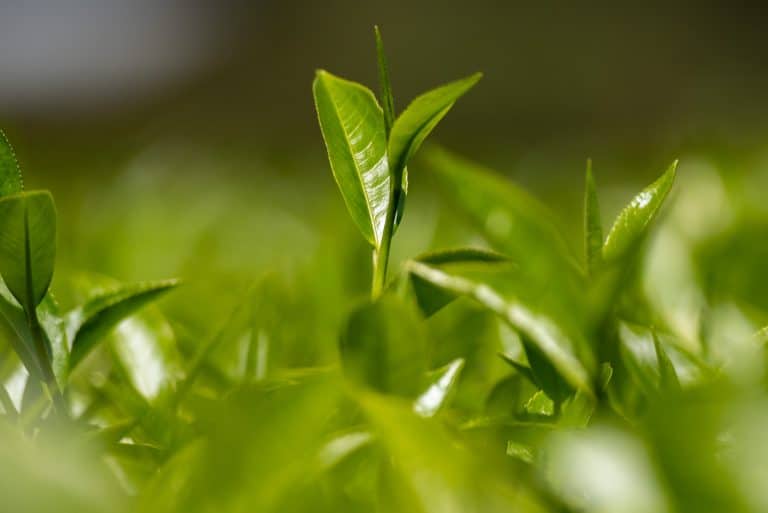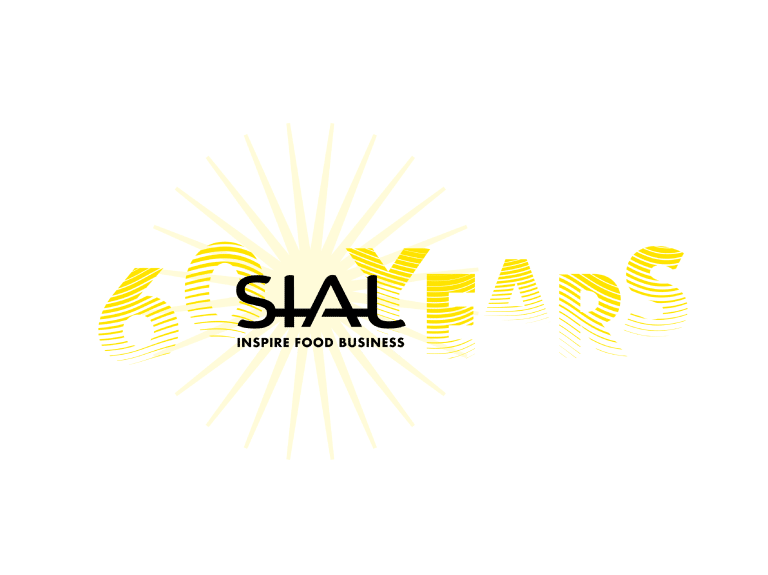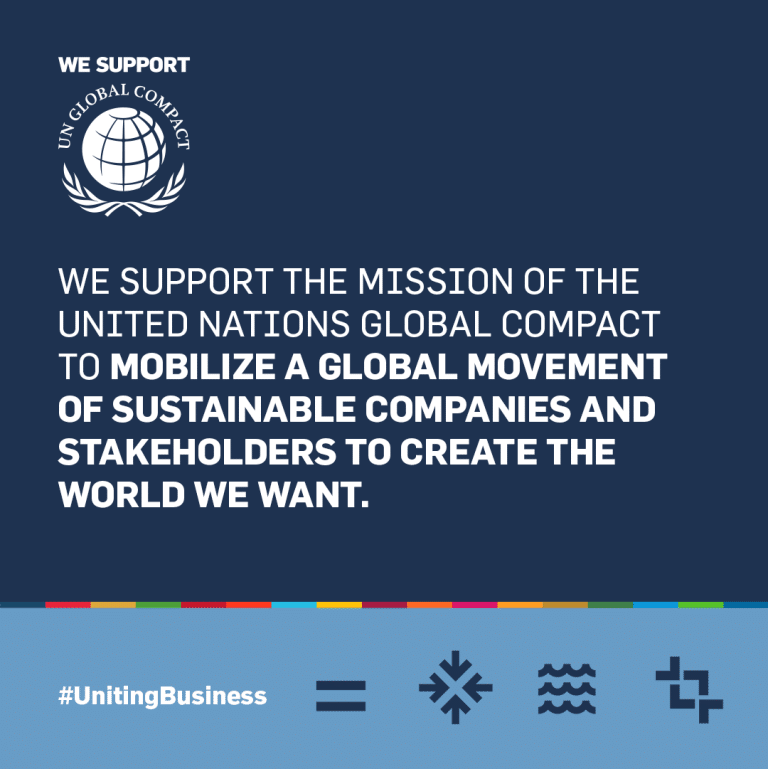 The North American tea industry has come to rely on certification labels as a way of adding value to tea from a consumer point of view. But, argues Art Lopez, Director of Marketing, Tea at Finlays Americas, to unlock the true potential of tea, the industry must take a more narrative approach in how it connects with consumers.
The North American tea industry has come to rely on certification labels as a way of adding value to tea from a consumer point of view. But, argues Art Lopez, Director of Marketing, Tea at Finlays Americas, to unlock the true potential of tea, the industry must take a more narrative approach in how it connects with consumers.
It may be unconventional to begin an article dedicated to tea education talking about coffee but that is where our story begins.
Imagine coffee shop culture in the United States and your experience as you walk into your local shop. Once you pass through the threshold of the door, all five senses are immediately engaged. The sounds of machines grinding or whirring, the smell of freshly brewed coffee, watching the coffee being poured and seeing the names of single-origin coffees on the menu, the refreshing cool or warming touch when you first grab your cup, and finally that delicious taste of your favorite beverage.
Whether we realise it or not, that coffee shop is a classroom. You are learning about coffee in an interactive setting. Over time, this elevates the coffee knowledge base of the common consumer and creates a yearning for increased education from the passionate consumer.
Interaction and Tea Consumption in the US
My question is this: what is tea’s answer to coffee shop culture? How are North American consumers learning about and interacting with tea?
The unfortunate answer is that, at the moment, they are not. The interaction between the average consumer and their tea purchase is typically merely a few seconds. Usually, they consider the brand, the tea type, and the flavouring. If they are a very astute consumer, they may take a few extra seconds to peek at the nutrition label on the back of the tea to ensure it aligns with their consumption preferences.
The interaction in the foodservice channel is even more abbreviated. Customers look at a menu that often only says “iced tea” or “hot tea”, make their selection of “sweet” or “unsweet” and move on with no further contact. This leaves little room for education and immersion in the rich world of tea.
Marketers are acutely aware of the quick interaction between consumer and product. Therefore, they use certification logos such as Organic, Rainforest Alliance, Fair Trade, UTZ, and others to quickly communicate sustainable messaging to the buyer and ultimately influence purchase decision.
Certifications are faster and easier than investing time and resources into communicating the endless stories of the tea’s origins, how it was grown, who picked it, how it was produced or the humanity behind it and environmental impact. For a small fee, they can compact a complex sustainability story into one logo that is recognisable to consumers. What consumers don’t see is that solely relying on a logo doesn’t reveal the other value-added parts of the tea story that give life to that tea. Economic sustainability can be over-simplified by saying that a product or service should be sold for the value that it provides. In the case of tea, this practice is not yet taking place in the US tea market.
Where there is challenge, there is always opportunity. The North American tea industry needs to focus on expanding the story of tea beyond a certification logo. While certifications are incredibly useful and justified, combining them with the untapped opportunity in tea stories will only help amplify these important certifications.
It will take time and effort, but the potential payoff could be huge. As the consumers learn more about tea preparation methods, the roles of humanity and skillset needed in plucking tea, the meaning of herbals, and the beautiful story of how tea gets from around the world into the cup they are drinking, it can only have a positive impact on the industry. There is a slogan from Syms Corporation that states, “an educated consumer is our best customer”.
Now is the time, let’s get educating!
